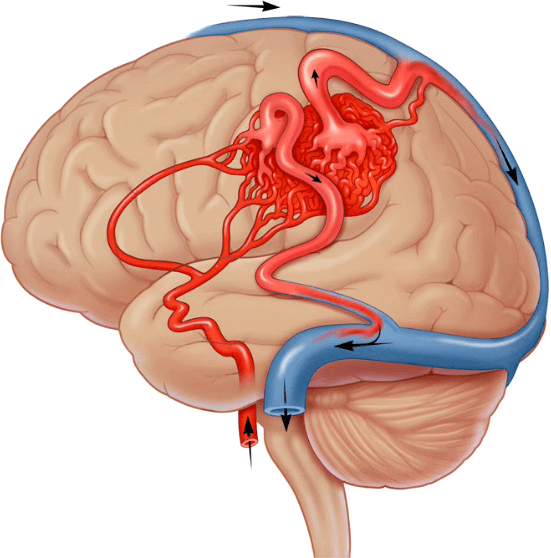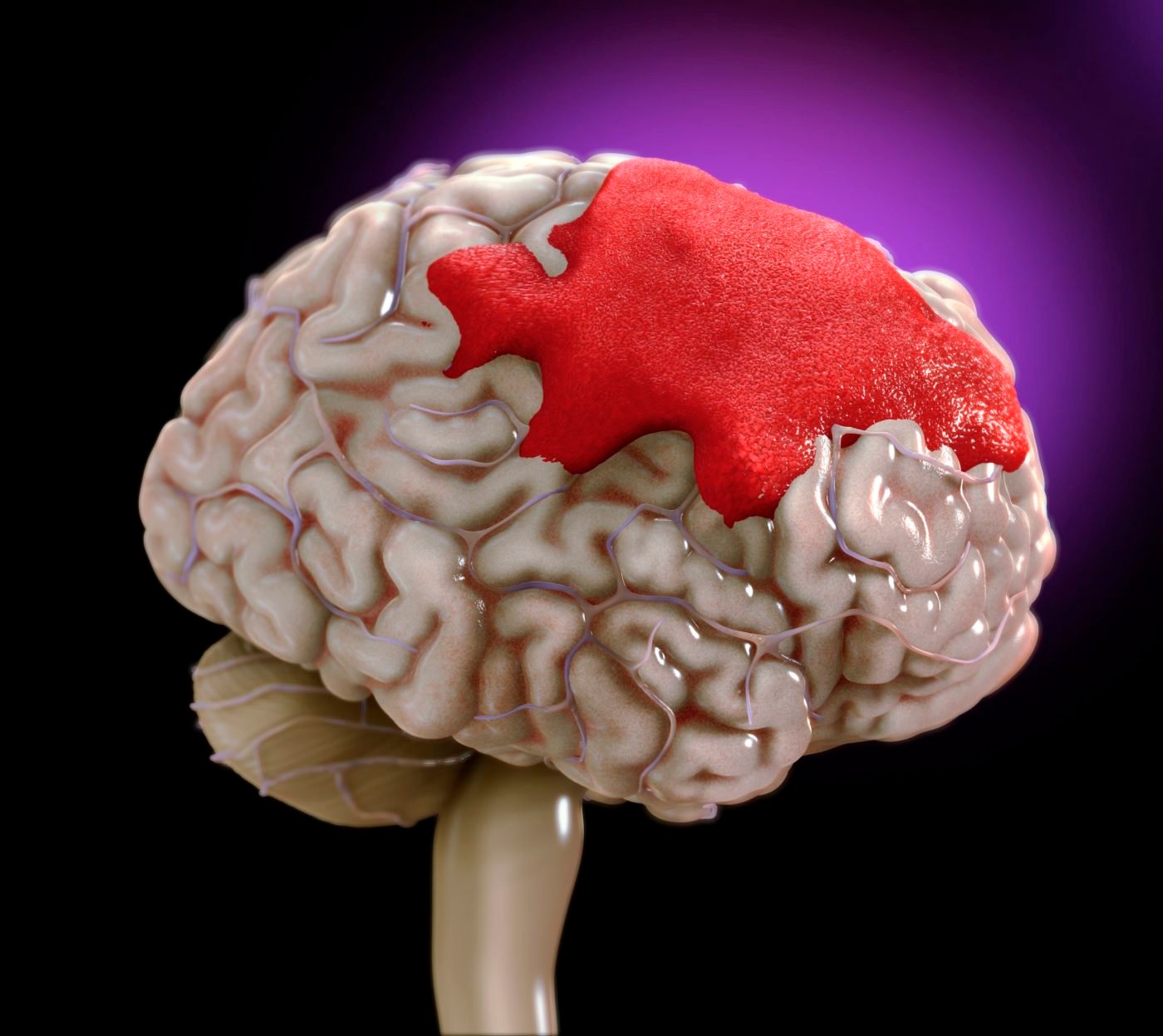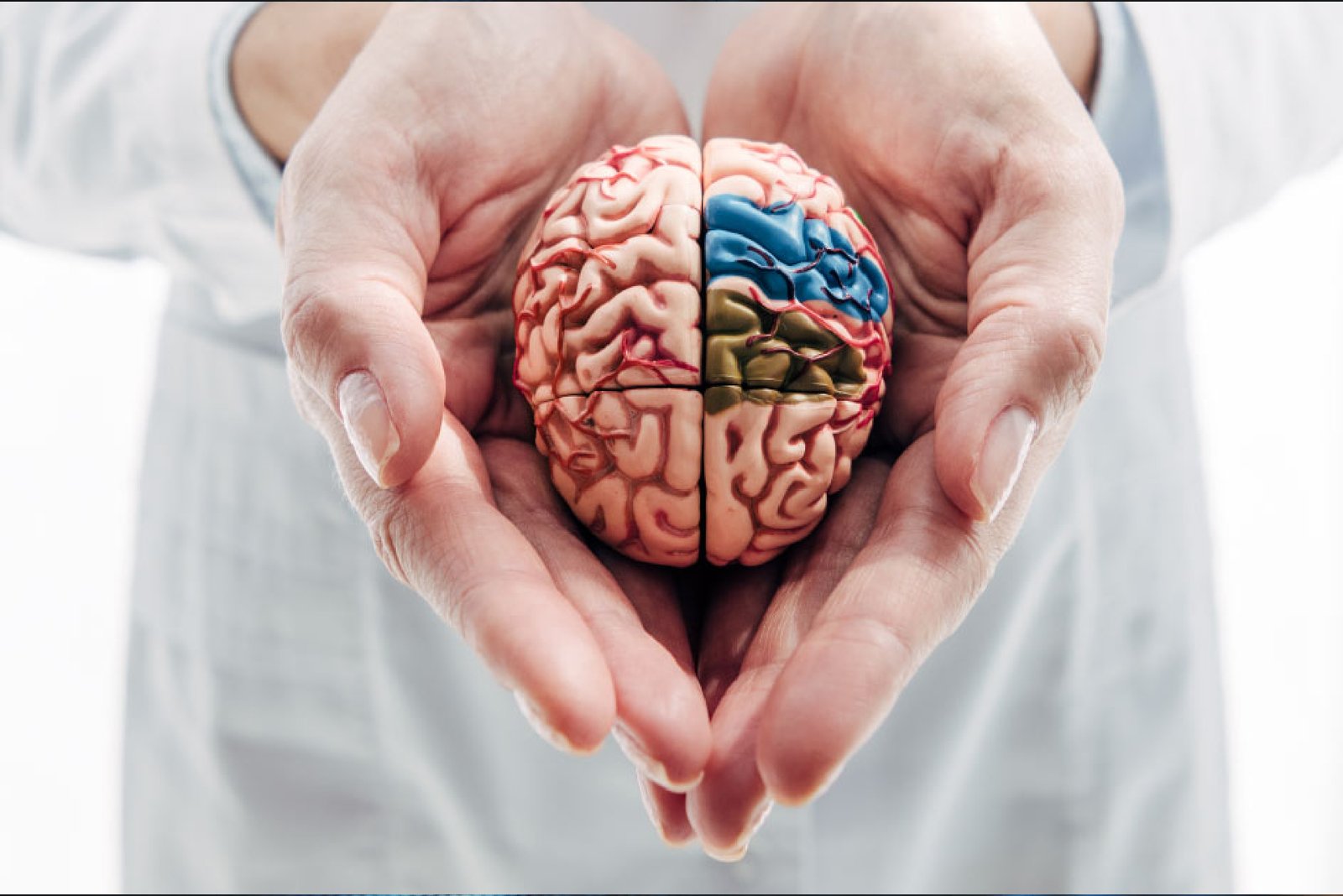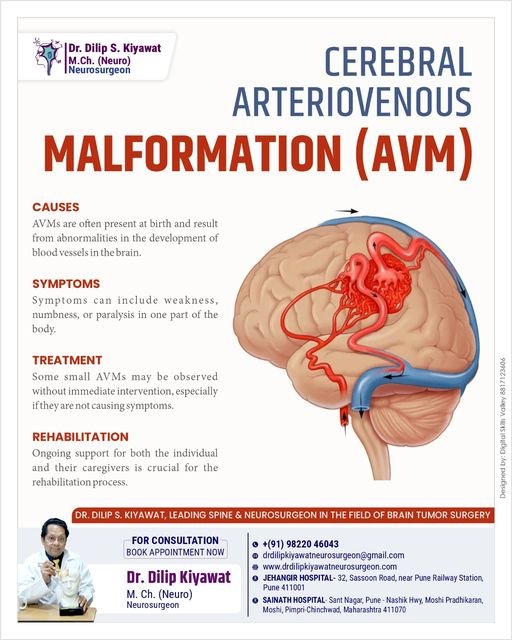Cerebral Arteriovenous Malformation (AVM) is a medical condition that you might not have heard of, but understanding it is crucial, especially if it affects you or a loved one. Let’s break down what AVM is, its causes, symptoms, treatment options, and the importance of rehabilitation.
What is Cerebral Arteriovenous Malformation (AVM)?
AVM is a tangle of abnormal blood vessels connecting arteries and veins in the brain. This can disrupt the normal flow of blood and oxygen, leading to various health issues.
Causes of AVM
AVMs are usually present at birth and are the result of abnormalities in the development of blood vessels in the brain. However, the exact cause of these abnormalities is still not well understood.
Symptoms of AVM
The symptoms of AVM can vary widely, but some common ones include:
Weakness
Numbness
Paralysis in one part of the body
These symptoms occur due to the disrupted blood flow and potential bleeding in the brain caused by the AVM.
Treatment Options
The treatment for AVM can depend on its size, location, and the symptoms it causes:
Observation: Some small AVMs may not need immediate treatment if they are not causing symptoms. Regular monitoring by a healthcare provider is essential in such cases.
Interventional Procedures: In cases where AVM poses a risk or causes significant symptoms, treatments may include surgery, radiation therapy, or embolization (blocking the abnormal vessels).
Rehabilitation and Support
Recovery from AVM and its treatments often involves rehabilitation. This can include physical therapy, occupational therapy, and other supportive measures to help regain strength and functionality. Continuous support for both the individual affected and their caregivers is crucial during the rehabilitation process.
Expert Care
If you or someone you know is dealing with AVM, seeking expert advice and care is essential. Dr. Dilip S. Kiyawat, a leading spine and neurosurgeon specializing in brain tumor surgery, offers consultations and treatment options. For more information or to book an appointment, you can contact him at:
Phone: +91 98220 46043
Email: drdilipkiyawatneurosurgeon@gmail.com
Understanding AVM is the first step in managing it effectively. If you notice any symptoms or have concerns, don’t hesitate to seek medical advice. Early detection and appropriate treatment can make a significant difference.
Feel free to reach out to Dr. Dilip S. Kiyawat for more personalized care and expert guidance on AVM and other neurosurgical concerns.








